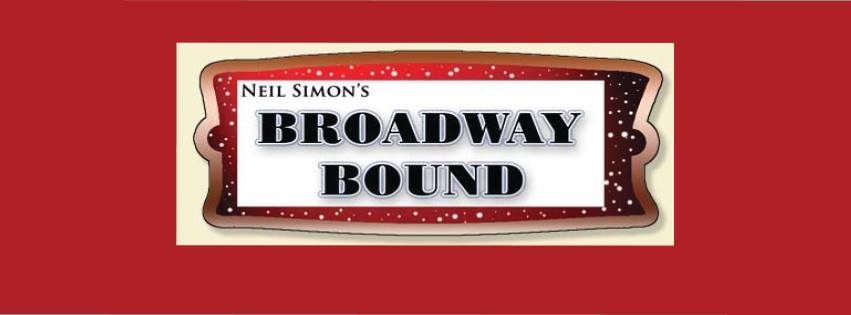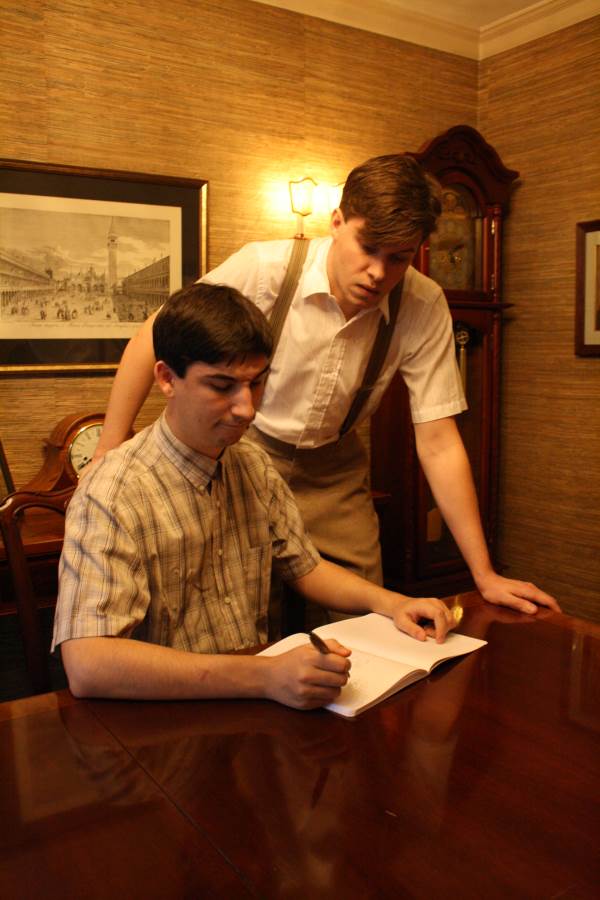“Better three hours too soon than a minute too late.”
The words of William Shakespeare are not always as clear in their meanings as audience members would like them to be. Yet, that does not stop the talented individuals from The South Carolina Shakespeare Company from taking that difficult language from folio, to the stage.
Sharing the beautiful, historic language with audiences across Columbia, the SC Shakespeare Company will be gracing the Finlay Park stage for a two weekend production of The Merry Wives of Windsor.
The Merry Wives of Windsor is a story that chronicles the life of Sir John Falstaff, played by Hunter Boyle. Falstaff is an outrageous man. He is a retired bacchanal with vulgar wit and multiple schemes of seduction, as he plans to dazzle the hearts of Mistress Ford and Mistress Page, played by Libby Campbell-Turner and Becky Hunter. Yet, it does not take long before the two ladies and Ford’s husband Master Ford, to figure out why Falstaff is set on reeking havoc in Windsor.
“He is a very suspicious and jealous husband. I think that he is someone that always thinks that someone is up to something. So when all of this stuff with Falstaff starts happening, my character Master Ford very easily and rapidly buys the fact that his wife is cheating. He then sets out to discover if that is true,” says Scott Blanks, managing director for the South Carolina Shakespeare Company, and will be playing the role of Master Ford.
This production is directed by Linda Khoury, artistic director and co-founder of the company. Other notable characters are: Robert Shallow, played by Chris Cook, Dr. Caius, played by Tracy Steele, Master Page, played by Jason Sprankle, Mistress Quickly, played by Sara Blanks, Anne Page, played by Katie Mixon and Parson Evens, played by David Reed.
“It is captivating, energetic, and is a humorous take on marriage, miscommunication, and forgiveness. The wild and bawdy characters along with the fast-moving story full of mischief and trickery will keep the audience riveted,” says Khoury.
The outdoor performance environment is no stranger to these company members. Finlay Park has been home to numerous SCSC performances in the past. The only thing that will be keeping them out of the park is inclement weather.
“I really enjoy the outdoor environment. I think audiences enjoy the outdoor environment. I can tell your first hand it is a really great experience for an audience member; however, it is really rather difficult for actors and actresses,” says Blanks.
Although there are moments of scandal and humorous revenge, Khoury encourages the entire family to come out and enjoy the show.
The South Carolina Shakespeare Company is one of the most popular professional theatre companies and producers of classical theatre in South Carolina. Since its founding in 1992, the company has sought to bring language, art, and history to the community in order to foster the arts culture.
The show opens Saturday April 23 at 8:00 p.m. in Finlay Park, and will run again April 27-30 at 8:00 p.m. For more information about the show visit www.shakespeareSC.org.








